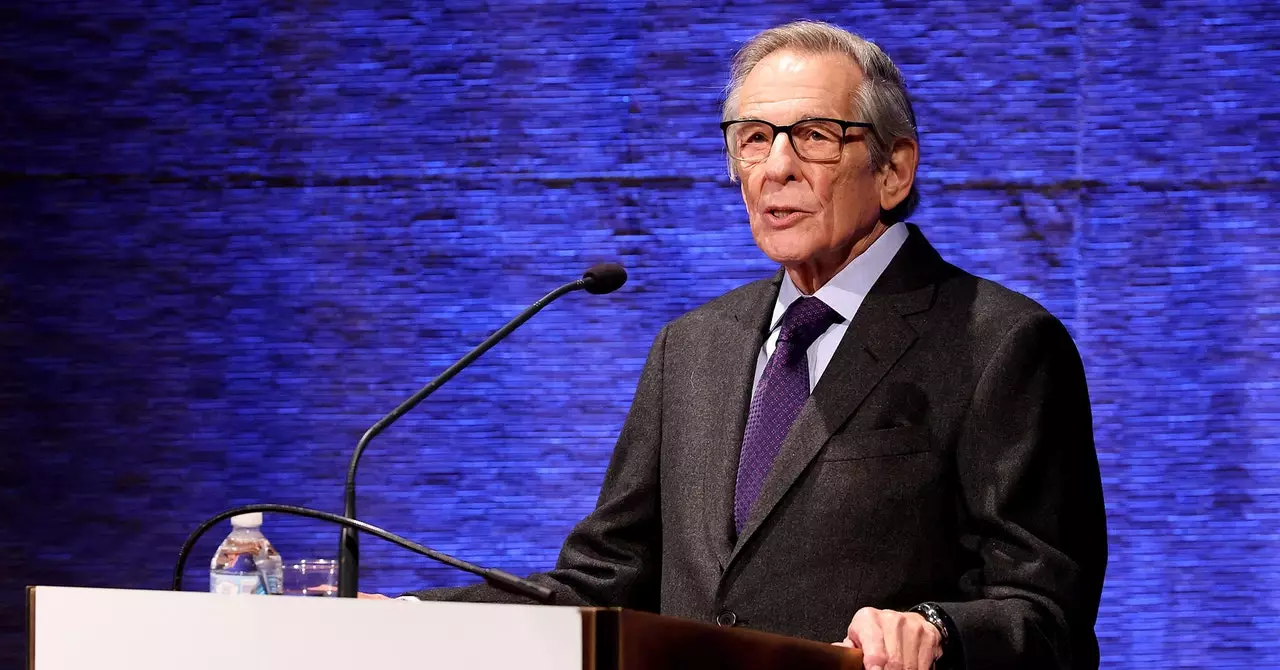In an era marked by rapid technological advancements, the way we communicate has undergone significant changes. While powerful tools enhance our efficiencies, they sometimes lay waste to the quality of our discourse. A growing reliance on summaries, especially through the lens of artificial intelligence (AI), threatens the intricate art of detailed communication. High-profile leaders like Jeff Bezos have recognized this risk and taken decisive measures to counteract it, underscoring the importance of deep thought and careful articulation in the workplace.
Jeff Bezos, the former CEO of Amazon, implemented a fresh strategy to stimulate coherent and comprehensive discussions. He made headlines by prohibiting PowerPoint presentations during meetings. Instead, he required his management team to prepare detailed six-page memos that compelled them to engage in critical thinking and consider every facet of their proposals. This shift not only encouraged thorough explorations of ideas but also established a culture that valued substance over superficiality.
Meetings under Bezos’s doctrine often began with a silent reading session of the six-page documents, allowing participants to absorb the information deeply without the distractions prevalent in conventional presentations. This practice inherently promotes active listening and critical analysis, as there is no shortcut available through bullet points or glossed-over details.
Despite the benefits associated with the meticulous approach championed by Bezos, the advent of AI-driven summary tools introduces a paradox. Large language models (LLMs) can now condense vast amounts of information instantly, creating a sense of security that leads many to believe that deep engagement is unnecessary. Consequently, as individuals become more comfortable with summaries, a risk emerges: a disconnection from the text itself.
One might contend that these advanced AI systems enhance productivity by offering timely insights, yet the downside is equally significant. If employees conclude that the essence of a meeting or document can be distilled to a few bullet points generated by AI, they may become less inclined to participate actively, leading to a culture of disengagement. Meeting attendance could dwindle, with individuals opting for the convenience of a summary over the richness of live conversations.
Moreover, the reliance on AI encapsulates a broader threat—the potential stagnation of writing skills. If thorough exploration of ideas is no longer deemed necessary, writing morphs from a craft into a mechanical process easily handled by machines. This escalation could result in a collective decline in writing quality across professions, where creativity and depth give way to parroted phrases and formulaic expressions.
Renowned author Robert Caro, recognized for his deep dives into historical narratives, would surely have produced different results had AI tools dominated his research process. The integrity and nuance found in his work come from years spent delving into archives, interviews, and firsthand accounts—nuances that AI cannot replicate. Had he depended on LLMs to generate summaries of his findings, the rich tapestry of his storytelling would likely have been diminished.
The thoughts of Sam Liang, CEO of Otter, highlight the evolving dynamics of meetings in this new landscape. Once strictly focused on transcription, Otter offers various AI-driven solutions designed to enhance productivity, one of which includes summarization features. However, Liang suggests a troubling revelation: the convenience of summaries might deter individuals from attending meetings that could have otherwise fostered collaboration, innovation, and interpersonal connections.
Liang himself grapples with the overflow of meeting requests and the consequent difficulty in deciding which to prioritize. As meetings become increasingly optional for those in leadership roles, the potential for richer dialogue diminishes. The implications extend beyond individual preferences; they cast a shadow over the very essence of teamwork, which thrives on shared experiences and collaborative thought.
As we navigate this new frontier shaped by AI and communication technologies, fostering a culture that values depth over convenience becomes essential. Leaders must prioritize meaningful engagement within their organizations to cultivate creativity, critical thinking, and authentic connections. While summaries may offer immediate gratification, they cannot replace the richness found in comprehensive discussions and in-depth writing. To safeguard the future quality of our communication, we must resist the temptation to lose sight of the narrative at the expense of brevity. The survival of thoughtful discourse depends on it.


Leave a Reply